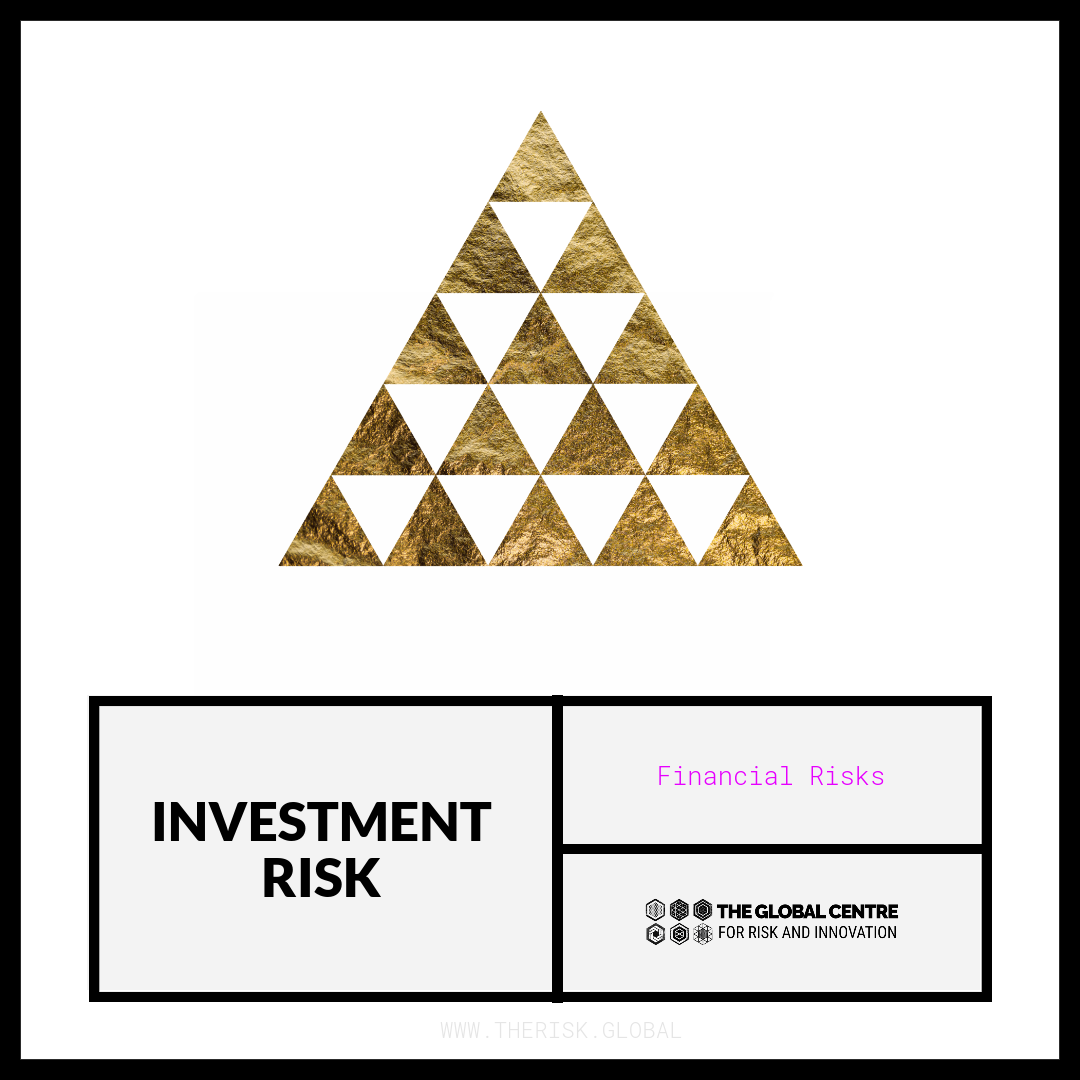$0.00
Financial Risks
Description
Financial Risks refer to the likelihood of loss or the potential for financial gain associated with a particular investment or financial decision. Various factors, such as market conditions, credit risk, and operational risk, can cause it. Financial risk can be measured using various metrics, such as standard deviation, value at risk (VaR), and expected shortfall (ES). Managing financial risk involves identifying and analyzing potential risks, implementing strategies to mitigate or manage those risks, and monitoring the effectiveness of those strategies.
There are several types of Financial Risks, including:
- Market risk: The risk of loss due to changes in the value of assets or investments, such as stocks, bonds, or commodities.
- Credit risk: The risk of loss due to the default or failure of a borrower to repay a loan or meet the terms of a financial contract.
- Operational risk: The risk of loss due to inadequate or failed internal processes, systems, human errors, or external events.
- Liquidity risk: The risk of loss due to an inability to meet financial obligations as they come due because of a lack of cash or marketable securities.
- Interest rate risk: The risk of loss due to changes in interest rates can affect the value of assets and liabilities.
- Foreign exchange risk: The risk of loss due to changes in exchange rates between different currencies.
- Political risk: The risk of loss due to political events, such as a change in government or war.
- Legal risk: The risk of loss due to legal action or changes in laws and regulations.
- Reputation risk: The risk of loss due to damage to a company’s reputation due to negative publicity or a loss of trust.
- Cyber risk: The risk of loss due to a cyber-attack or data breach.
The financial risks course is designed to provide comprehensive training in financial risk management. It covers a wide range of topics, including market risk, credit risk, operational risk, liquidity risk, interest rate risk, foreign exchange risk, political risk, legal risk, reputation risk, and cyber risk. Through a combination of classroom instruction and work-integrated learning paths (WILPs), this course will equip students with the knowledge and skills they need to succeed in financial risk management.
One of the highlights of this course is that it helps students prepare for industry-recognized certifications, such as the Financial Risk Manager (FRM) certification offered by the Global Association of Risk Professionals (GARP), the Certified Financial Risk Manager (CFRM) certification offered by the Professional Risk Managers’ International Association (PRMIA), and the Financial Markets and Risk (FM&R) certificate offered by the International Association of Financial Engineers (IAFE).
This course is ideal for those interested in pursuing a career in financial risk management and for professionals looking to advance their careers and gain a deeper understanding of financial risks and risk management techniques. Through a combination of theoretical concepts and practical experience, students will gain the knowledge and skills they need to succeed in this field.
Whether you’re a student looking to start your career or a professional looking to advance your career, this course offers a comprehensive, hands-on learning experience that will help you succeed in financial risk management.
Discover more from The Global Centre for Risk and Innovation (GCRI)
Subscribe to get the latest posts sent to your email.
Be the first to review “Financial Risks”
You must be logged in to post a review.


There are no reviews yet.